Introduction:
Marine clocks have a rich historical significance, dating back centuries to the age of maritime exploration when accurate timekeeping was crucial for safe navigation. Over time, marine clock technology has evolved significantly, with modern advancements offering unparalleled accuracy, precision, and functionality. In this article, we’ll delve into the features of modern marine clocks, their importance in maritime navigation, and their comparison with traditional timekeeping methods.
Historical Significance of Marine Clocks:
Marine clocks have played a pivotal role in maritime history, enabling sailors to accurately measure time at sea and navigate with precision. In the 18th century, the invention of the marine chronometer revolutionized navigation by providing sailors with a reliable means of measuring time onboard ships, significantly improving their ability to determine longitude and plot accurate courses.
Evolution of Marine Clock Technology:
Since the invention of the marine chronometer, marine clock technology has undergone continuous evolution and refinement. Early mechanical chronometers gave way to quartz and atomic clocks, which offered greater accuracy and stability. Today, modern marine clocks utilize advanced technologies such as GPS synchronization and atomic timekeeping to provide unparalleled precision and reliability.
Accuracy and Precision in Modern Marine Clocks:
One of the defining features of modern marine clocks is their exceptional accuracy and precision. These clocks are designed to maintain precise timekeeping even in the harshest maritime environments, with minimal drift or deviation. Advanced timekeeping mechanisms, coupled with robust construction and high-quality components, ensure that modern marine clocks deliver reliable performance under any conditions.
Features of Modern Marine Clocks:
Modern marine clocks boast a range of features designed to meet the needs of sailors and navigators:
- GPS Synchronization: Many modern marine clocks feature GPS synchronization, allowing them to automatically adjust to the correct time based on GPS signals. This ensures that the clock remains accurate, even when traveling across different time zones or regions.
- Atomic Timekeeping: Some marine clocks utilize atomic timekeeping technology, which relies on the oscillations of atoms to maintain precise timekeeping. Atomic clocks are highly accurate and resistant to external influences, making them ideal for maritime applications.
- Durability and Water Resistance: Modern marine clocks are built to withstand the rigors of life at sea, with durable construction and water-resistant designs that can withstand exposure to saltwater, humidity, and extreme temperatures.
Importance in Maritime Navigation:
Accurate timekeeping is essential for safe and efficient maritime navigation. Modern marine clocks play a crucial role in ensuring that sailors can accurately measure time, calculate their position, and navigate their vessels with confidence. Whether used in conjunction with electronic navigation systems or as standalone timekeeping devices, marine clocks are indispensable tools for sailors and navigators alike.
Comparison with Traditional Timekeeping Methods:
While traditional timekeeping methods such as celestial navigation and dead reckoning have historical significance, modern marine clocks offer superior accuracy, reliability, and convenience. With features such as GPS synchronization and atomic timekeeping, modern marine clocks eliminate the need for manual calculations and reduce the risk of errors, providing sailors with precise timekeeping and navigation solutions.
Conclusion: The Future of Marine Clock Technology
In conclusion, modern marine clocks represent the pinnacle of timekeeping technology, offering unparalleled accuracy, precision, and functionality for sailors and navigators. With advanced features such as GPS synchronization, atomic timekeeping, and durable construction, these clocks are indispensable tools for safe and efficient maritime navigation. As technology continues to advance, the future of marine clock technology looks bright, with even greater innovations on the horizon to further enhance accuracy, reliability, and performance at sea.


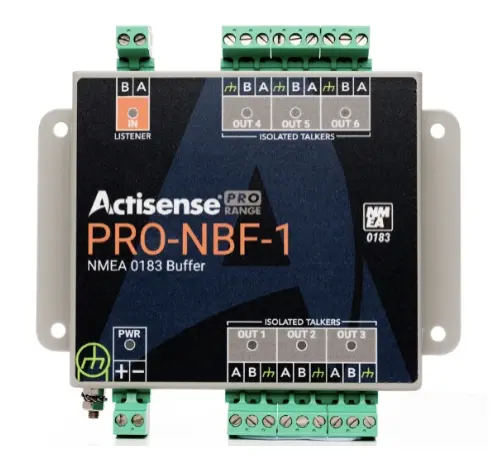
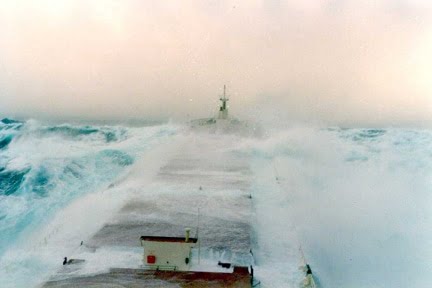
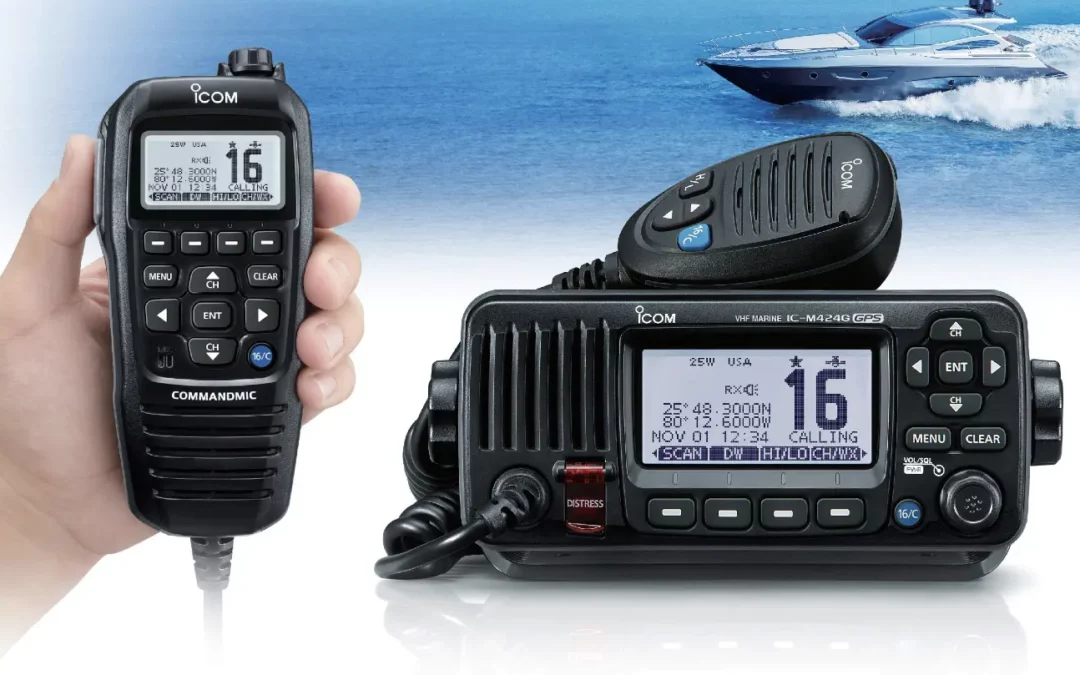
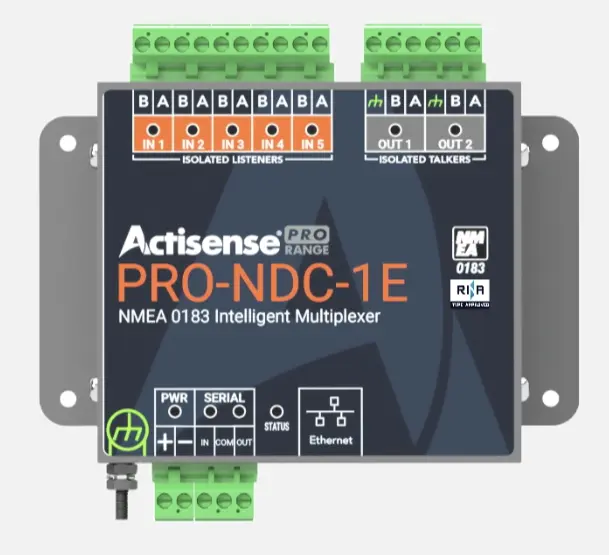
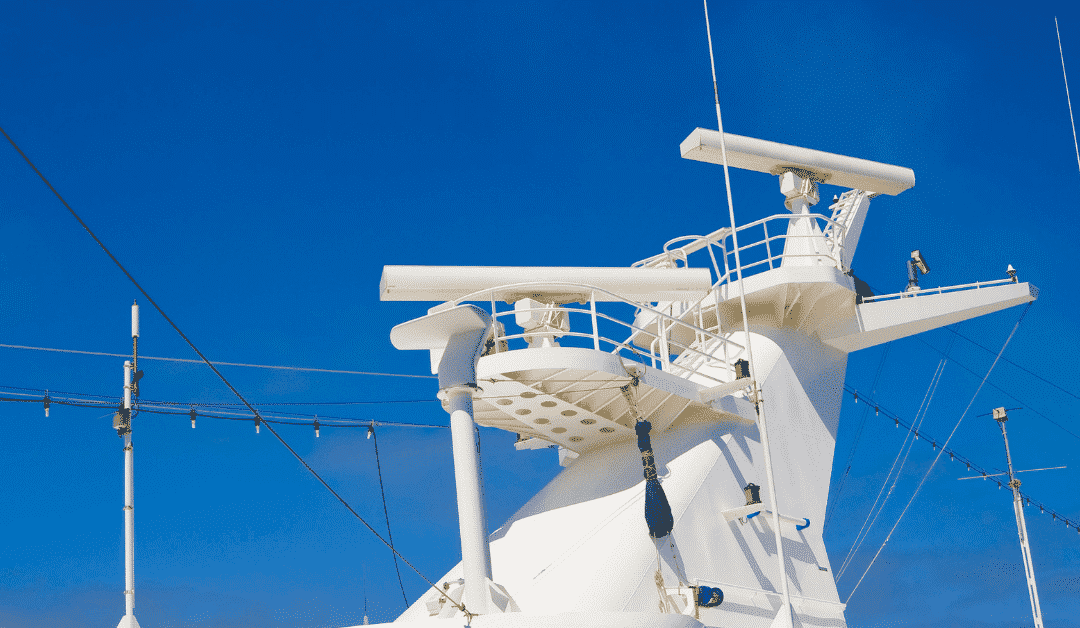
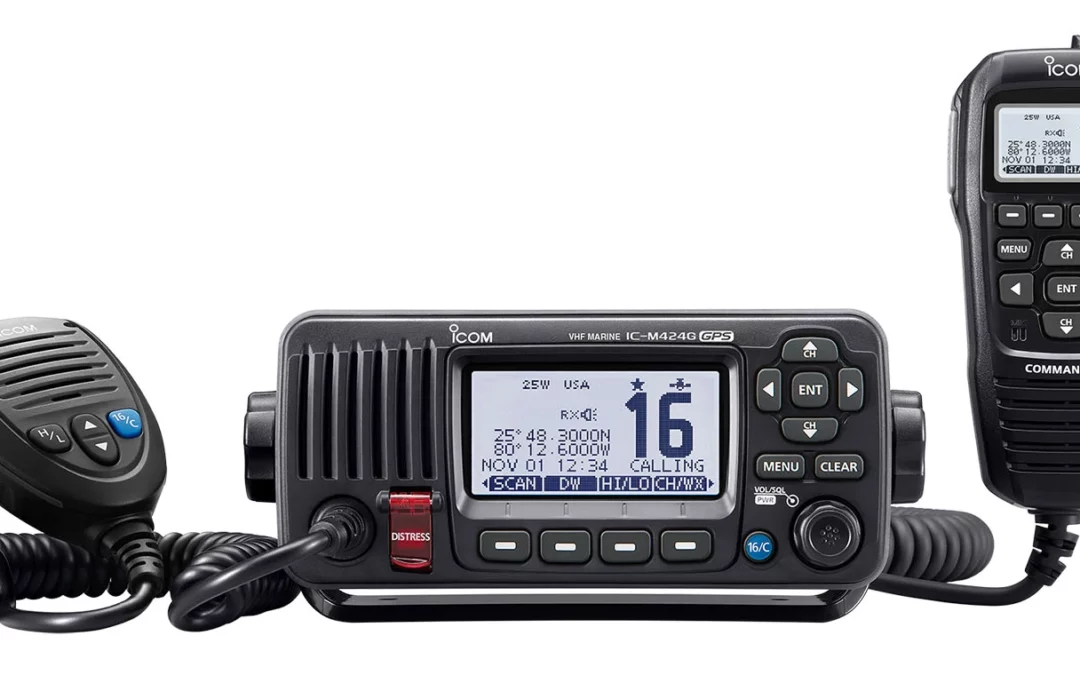
0 Comments